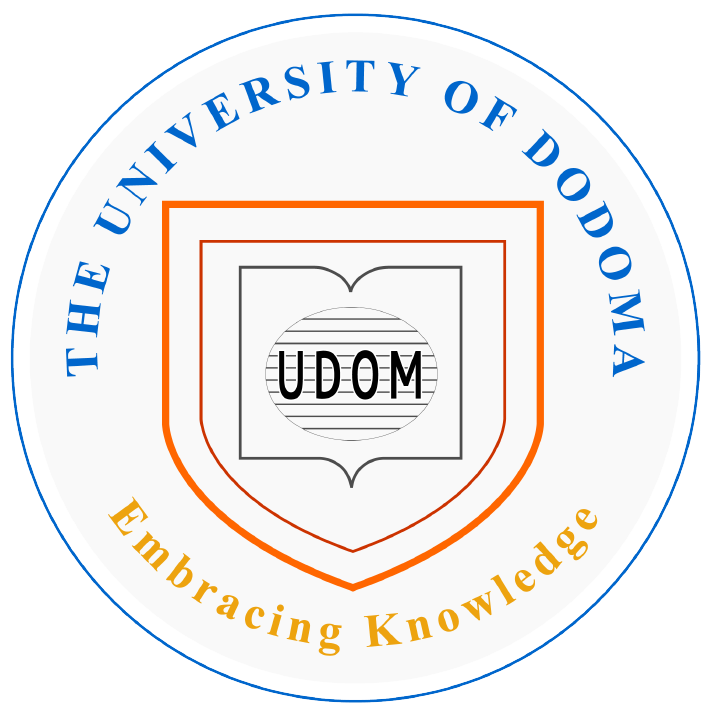Abstract
This study examined internationalisation and marketisation strategies as sustainability ventures for universities in Nigeria and the Sub-Saharan African region in general. Universities in Sub-Saharan Africa have in recent times been confronted with the challenges of globalisation – a worldwide social, economic and political integration, greatly powered by the evolution of technology. The inability of these institutions to completely stand up to these challenges has impeded their quest towards greater sustainability. A larger percentage of universities in the region lag behind globally in terms of rankings. Considering the significance of university internationalisation and marketisation in sustaining higher education efforts, which Nigerian universities have not adequately exploited; it becomes necessary to review selected best practices and earmark a framework of enhanced internationalisation and marketisation strategies as sustainability ventures to imbibe. The review is anchored on the globalisation theory and the five capital model of sustainability. It adopts a post-positivist qualitative methodology, whereby document review and inductive analyses of existing literature and related secondary sources of information are exploited. The review is hinged on the tri-function (teaching-learning, research and outreach) of universities and the contextual borrowing approach in policy studies. It was evident that we live in a dispensation where no university system can work in isolation. Consequently, stakeholders of Nigerian and Sub-Saharan African Universities have the responsibility to adopt innovative/ICT management systems, adequate research capacity, transformational Leadership and quality assurance practices, that render the universities globally competitive.
